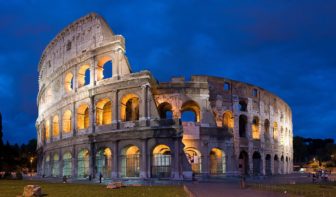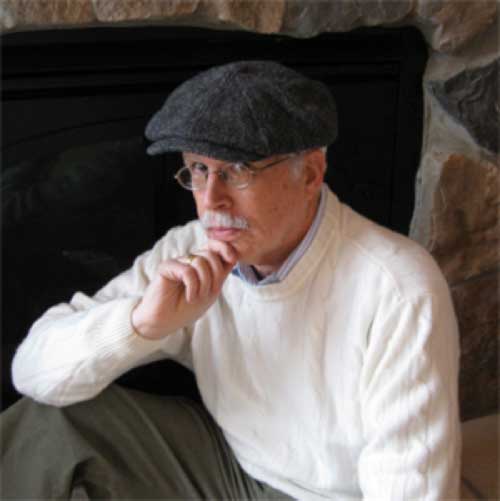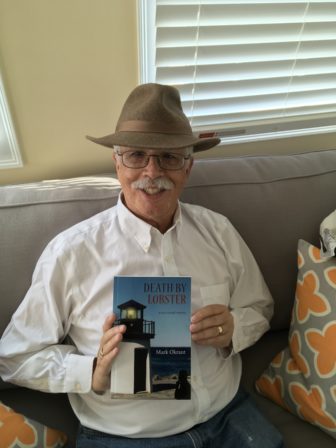By Mark Okrant
NH Travel Guru
Since ancient times, local officials have understood the potential value of events and festivals in generating travel.
How else do you explain the ancient Olympic Games, and the expenditures for Rome’s Colosseum and Hippodrome? Let’s not forget that ball play is purportedly an outgrowth of a massive spring rite on the plains of Thebes in ancient Egypt.

Rome’s Colosseum
What lessons can communities learn from this? In modern times, events and festivals remain important motivators for travel and tourism. Millions of people are attracted by various temporary activities that are one hour to several weeks in duration.
The granddaddy of these occasions is the Passion Play in Oberammergau (Germany), which is performed every ten years, over the course of five months, to audiences that have totaled in the millions.
For thousands of communities, opportunities to host outsiders are minimal without the introduction of some appealing phenomenon. An event or festival may provide just the spark a community needs to attract hundreds or even thousands of outsiders.

Mark Okrant, the NH Travel Guru
In some instances, an event or festival will provide the impetus for other attractions, accommodations, and services to be introduced within a community. What begins as a single occasion can evolve into something much larger.
What transpires is rather straightforward.
The event provides a source of pride and is the impetus for a community that suddenly sees itself as a possible destination for travelers—most of whom did not have the place on their radar previously. One tourism researcher has compared this scenario to a small stream that becomes a large river once it is joined by other streams.
New Hampshire residents saw this effect during the 24 years that people traveled from near and far to attend Keene, New Hampshire’s annual Pumpkin Festival. Many of the thousands of attendees were people who had never heard of Keene previously.
As a consequence of their attendance, a proportion became loyal visitors each fall, while some returned to the area during other times of the year.
Types of events—which are not to be confused with permanent or semi-permanent attractions—include recreational and sporting competitions, annual religious observances, harvest festivals (farm, forest, fishery), conferences and conventions, and, of course, weddings. A currently popular trend, destination weddings are lucrative for host areas.
Not only do most newlyweds remain at the site as honeymooners, but members of the wedding party and guests may be lured to return as visitors far into the future.
Be forewarned: a majority of events attract a small audience, drawing mostly from the immediate vicinity.
Successful events do not happen without a price. First, and foremost, there is the time needed for planning, management, promotion, and operation. Next, is the outlay of public funds required to develop and maintain sites, including support infrastructure and safety preparations.
These preparations are as important as the nature of the event and the availability of tourism services within the vicinity in determining level of success. In the final analysis, it will be the costs in comparison to benefits received that will determine whether an event will be repeated over the long term.
A beneficial event is one that creates new jobs, contributes financially to the community and surrounding area (“new money” in the form of direct, indirect, and induced spending), engenders a feeling of civic pride among the residents, and expands the geographic extent of its place recognition.
Ultimately, those communities that offer locally owned accommodations, services and attractions will benefit most from events and festivals for, in such situations, the Multiplier Effect is greatest (i.e., a dollar changes hands a number of times before leaving the community).
In summary, every event will be measured against these four criteria:
economic—income exceeds costs
ecological—the environment is not impacted negatively
advantage—both residents and visitors benefit from the event
representative—reflects (all) community interests.
After forty years as an educator, researcher, and consultant, Mark Okrant joined IndepthNH.org to offer concise, informative insight into New Hampshire’s travel and tourism industry as a business, while showcasing the people and places you want to know. This guy’s really been around. And, he’s funny, too.
For more about Mark’s compelling tourism-based murder mystery series, visit www.markokrant.com.

Mark Okrant, NH Travel Guru is pictured with his latest book.
For information on current things to do in New Hampshire, click here.





